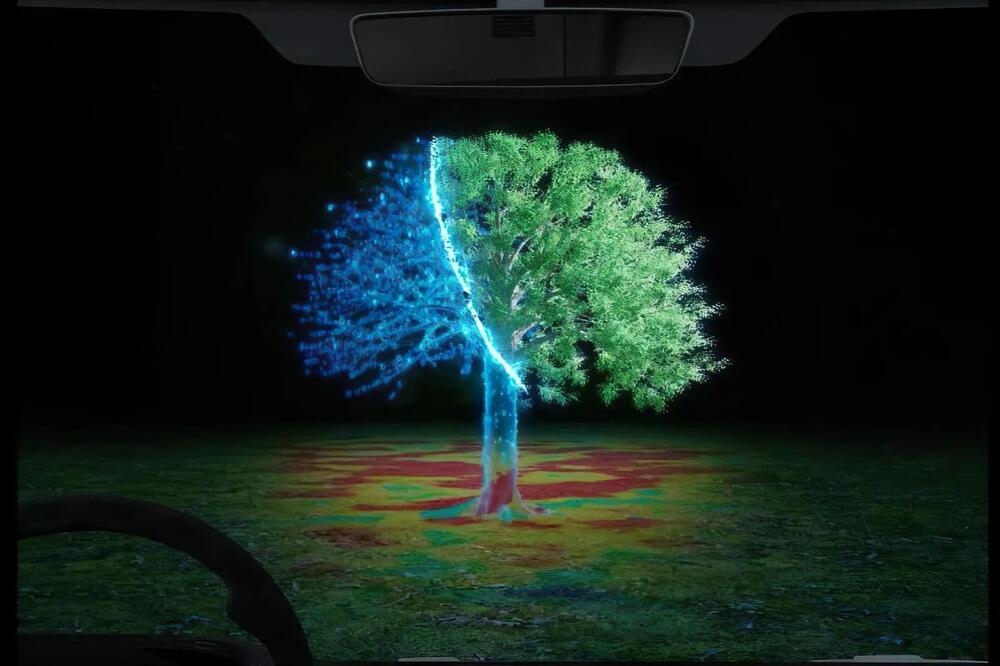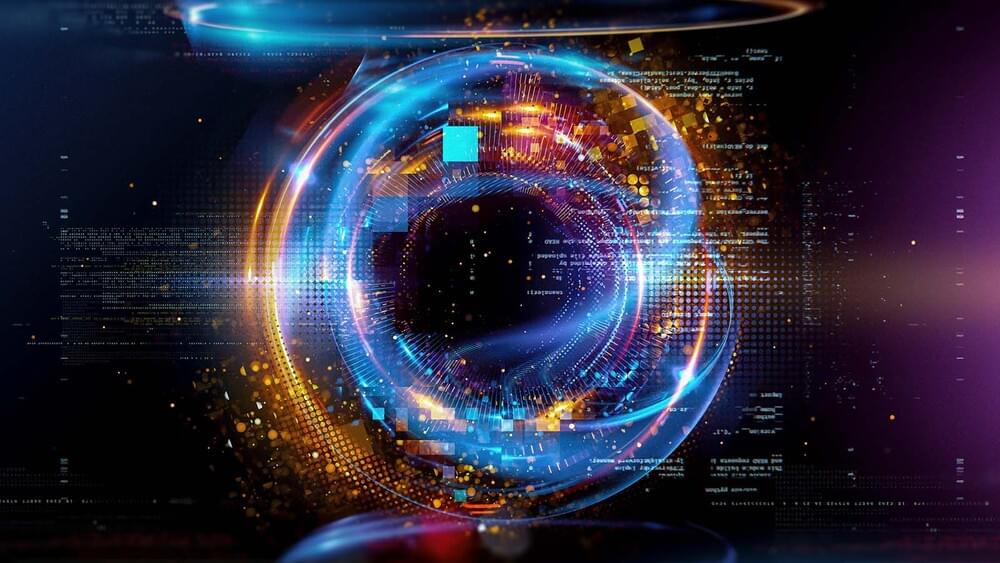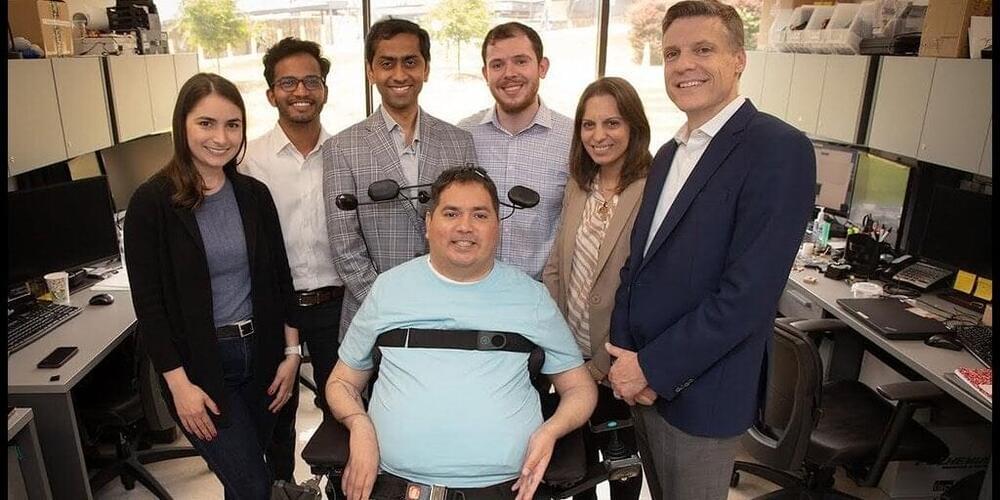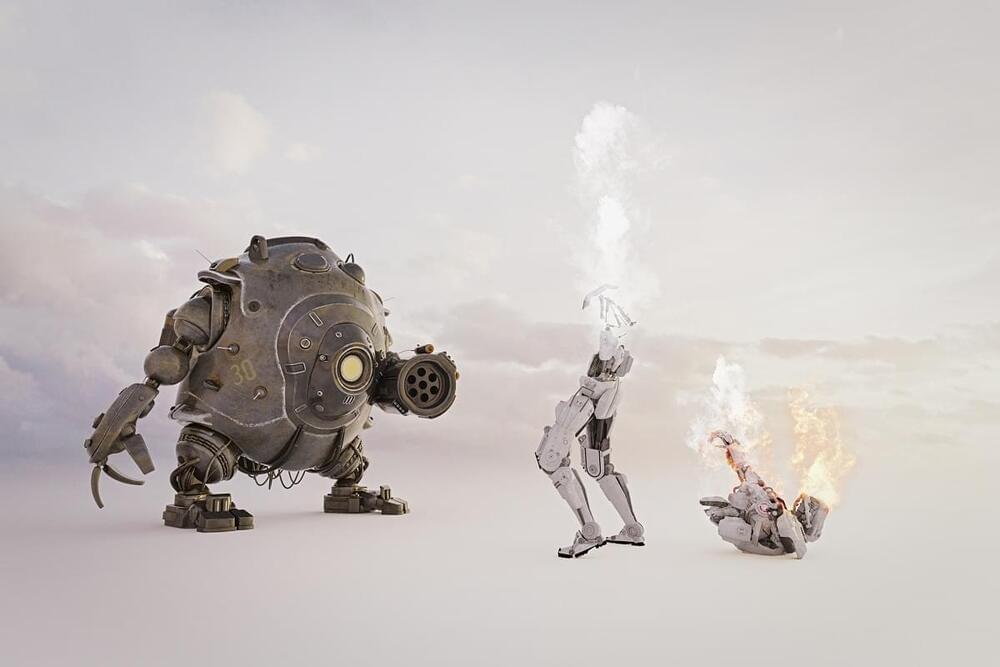Scientists at Purdue University are propelling the future of robotics and autonomous systems forward with their patent-pending method that improves typical machine vision and perception.
Zubin Jacob, the Elmore Associate Professor of Electrical and Computer Engineering in the Elmore Family School of Electrical and Computer Engineering, and research scientist Fanglin Bao have developed HADAR, or heat-assisted detection and ranging. Their research was featured on the cover of the July 26 issue of the peer-reviewed journal Nature.
Jacob said it is expected that one in 10 vehicles will be automated and that there will be 20 million robot helpers that serve people by 2030.








